Overview:
- Authors: Wilfred L. Guerin, Earle Labor, Lee Morgan, Jeanne C. Reesman, and John R. Willingham.
- Purpose: To offer a comprehensive guide to different critical approaches and to demonstrate how these can be applied to literary texts.
- Audience: Primarily aimed at students and educators in literature and literary criticism courses, but also useful for anyone interested in deepening their understanding of literary analysis.
Content:
- Historical Approach:
- Examines the historical context in which a work was written.
- Considers the author’s life and times, the societal norms, and the political climate.
- Formalistic Approach:
- Focuses on the form and structure of the text itself.
- Analyzes elements like plot, character, setting, imagery, and symbolism without considering external context.
- Psychological Approach:
- Utilizes theories from psychology to explore characters’ motivations and behaviors.
- Often draws on Freudian, Jungian, or Lacanian theories to interpret texts.
- Mythological Approach:
- Investigates the use of myths, archetypes, and universal symbols.
- Often linked to the work of Carl Jung and Joseph Campbell.
- Sociological Approach:
- Looks at literature in the context of social institutions and issues.
- Explores themes such as class, race, gender, and power dynamics.
- Feminist Approach:
- Analyzes texts through the lens of gender dynamics and feminist theory.
- Examines the representation of women and challenges patriarchal perspectives.
- Marxist Approach:
- Interprets literature based on Marxist theory, focusing on class struggle and economic factors.
- Considers how texts reflect or critique societal inequalities and capitalist systems.
- Reader-Response Approach:
- Emphasizes the reader’s role in creating meaning.
- Considers how individual readers’ interpretations and experiences shape their understanding of a text.
- Deconstructionist Approach:
- Challenges the idea of fixed meanings in texts.
- Focuses on ambiguity, contradictions, and the instability of language.
Usage:
- Textual Analysis: Offers tools for dissecting and understanding complex literary works.
- Academic Writing: Provides a foundation for writing critical essays and research papers.
- Literature Courses: Often used as a textbook in undergraduate and graduate literature courses.
This handbook is an essential resource for anyone seeking to explore literature from multiple critical perspectives, enhancing both appreciation and critical thinking skills.

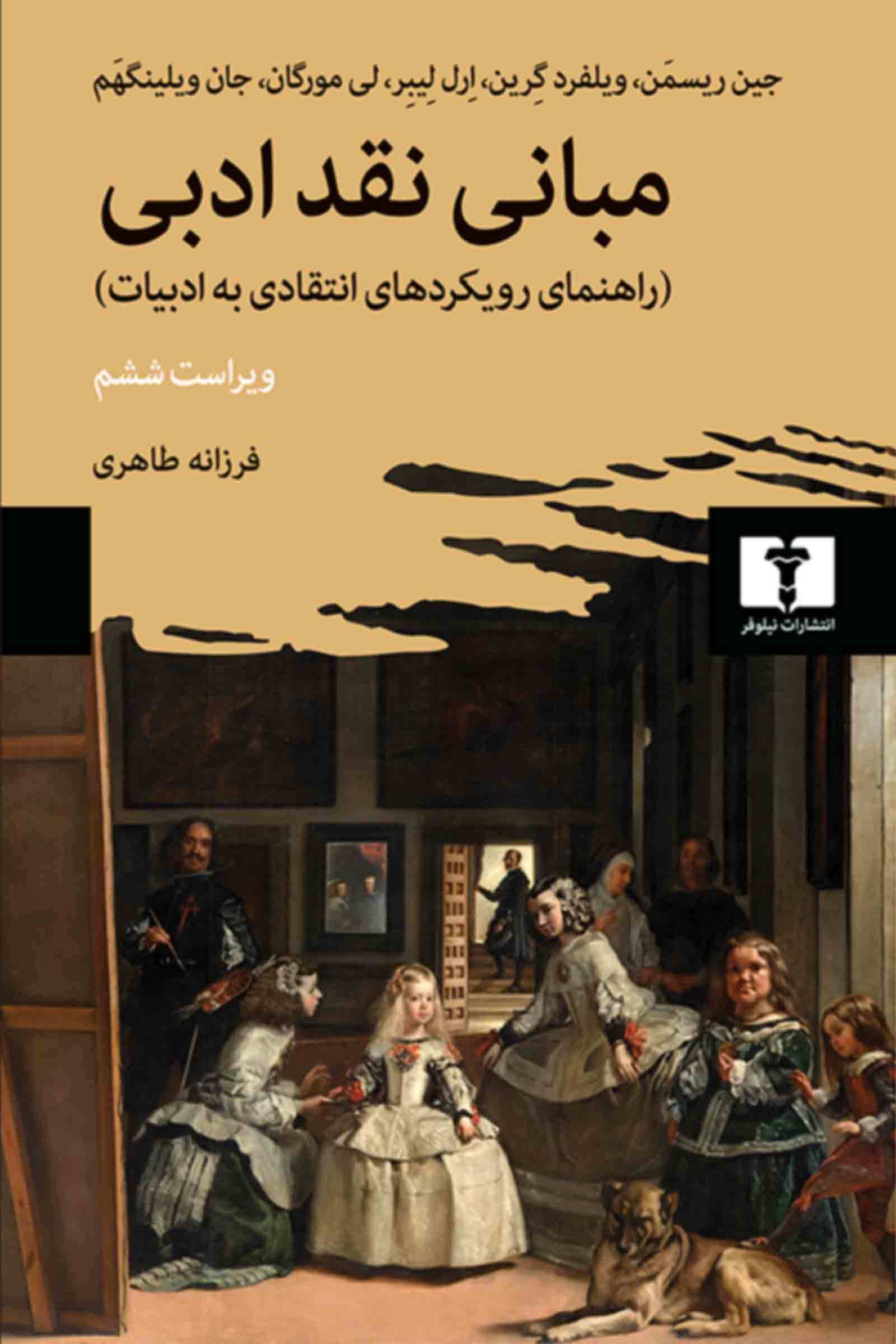
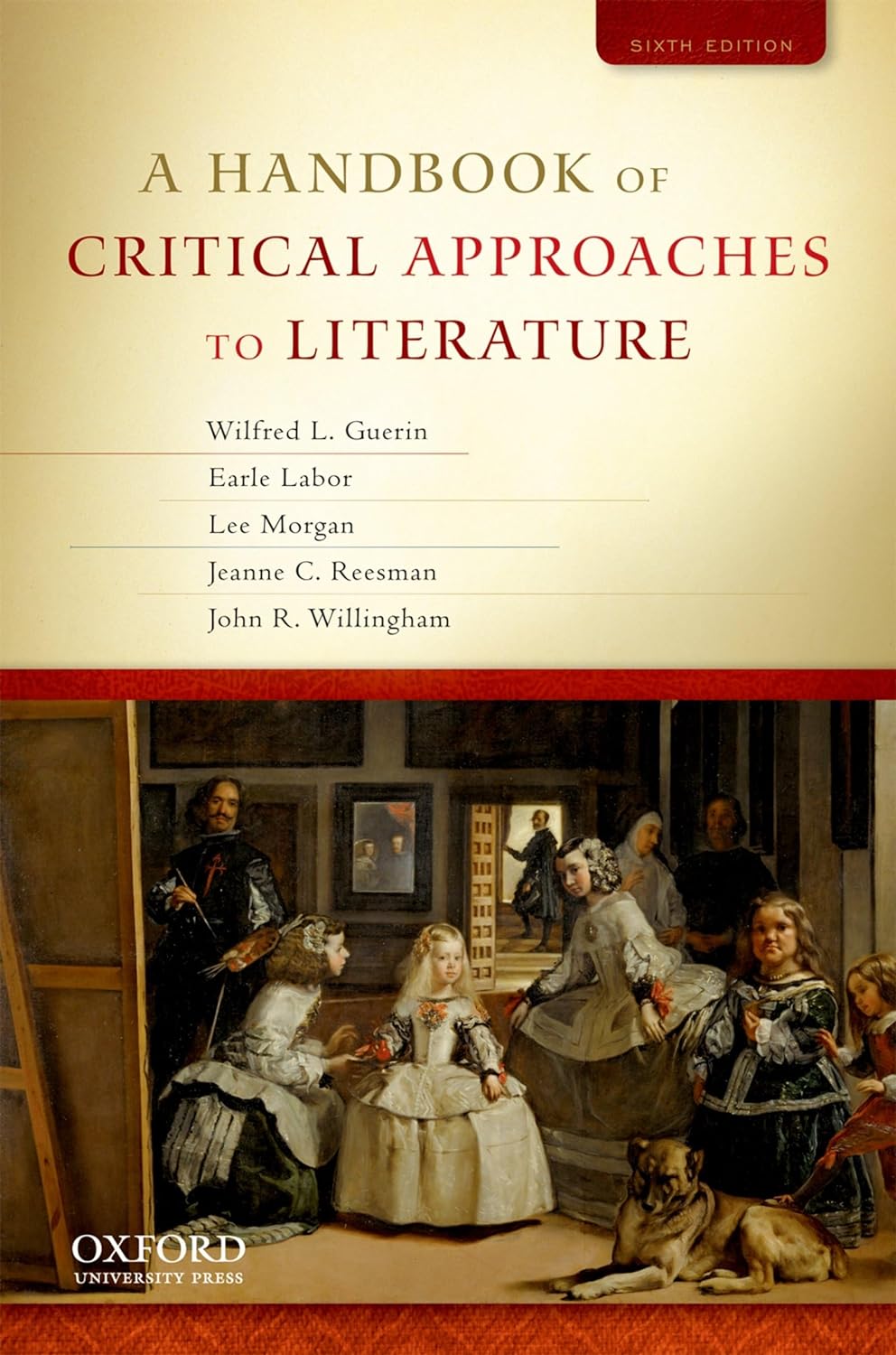
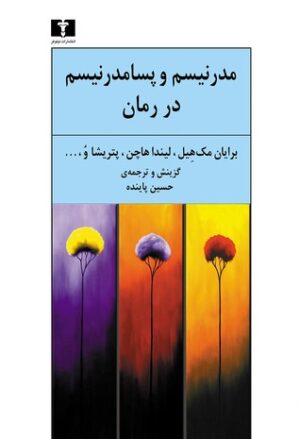
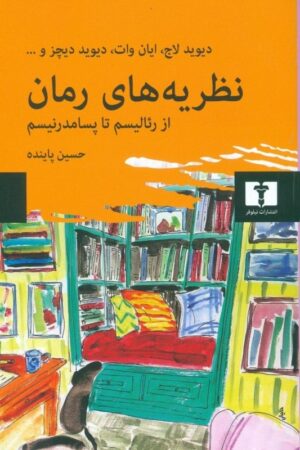
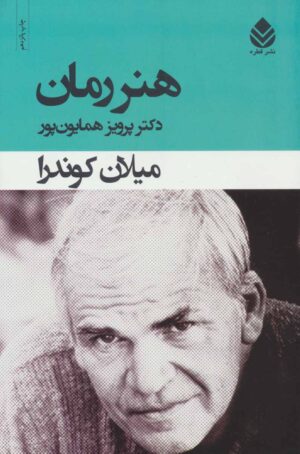
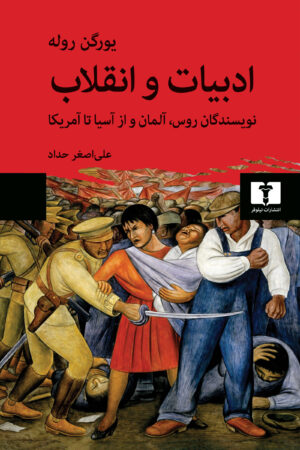
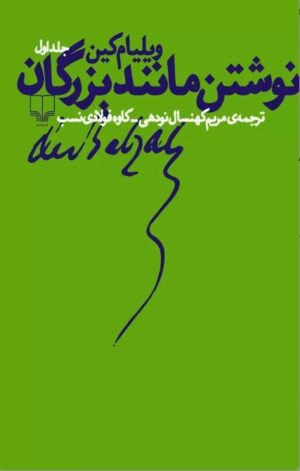
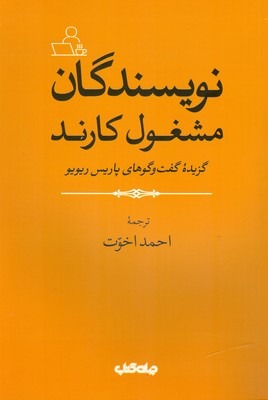
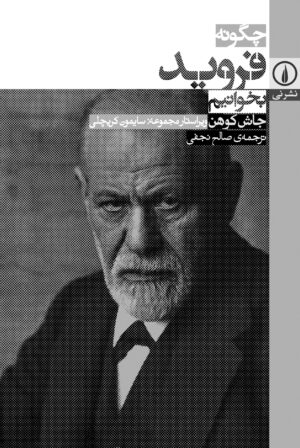
Reviews
There are no reviews yet.